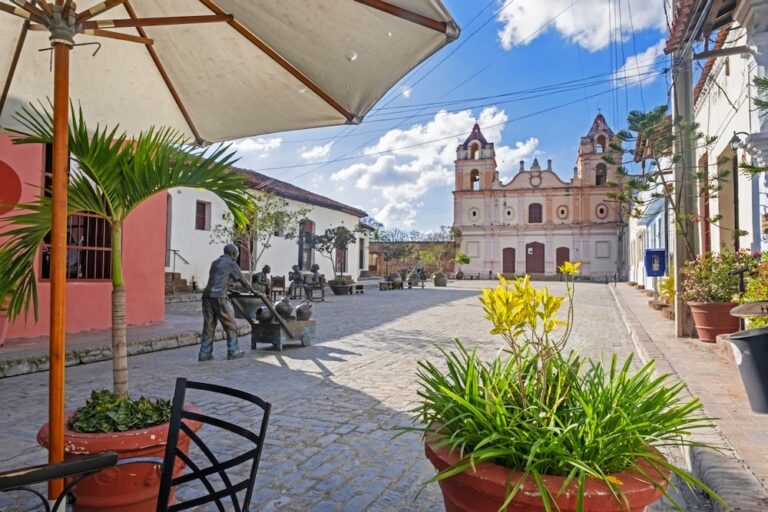Dissidents said that when they sought to exercise their basic rights to speak up about human rights concerns and hold rallies over the past few weeks, the authorities responded with beatings, detentions, harassment, and other repressive measures.
(Human Rights Watch/IFEX) – Washington, DC, March 23, 2012 – The Cuban government should immediately halt repression aimed at silencing dissent before and during Pope Benedict XVI’s visit to Cuba, Human Rights Watch said.
Dissidents in Havana, Holguín, Guantanamo, Matanzas, Palma Soriano, Pinar del Río, Sancti Spíritus, and Santiago de Cuba described to Human Rights Watch the repressive tactics currently being used by the Cuban government. They said that when they sought to exercise their basic rights to speak up about human rights concerns and hold rallies over the past few weeks, the authorities responded with beatings, detentions, harassment, and other repressive measures. Pope Benedict XVI is scheduled to be in Cuba from March 26 to March 28, 2012, to visit Havana and Santiago de Cuba.
“The arrests, beatings, and threats against dissidents in the lead up to the pope’s visit suggest the Cuban government will do everything in its power to quash any dissent while the world’s attention is on the island,” said José Miguel Vivanco, Americas director at Human Rights Watch. “These repressive acts underscore just how little space there is in Cuba for any view that doesn’t align with the Castro government.”
State security officers arrested and beat 13 dissidents who were expelled from a Catholic church in Havana, where they had sought refuge while promoting demands to respect human rights in Cuba. Church officials asked government authorities to remove the dissidents, who told Human Rights Watch police threatened them with long prison sentences.
More than 80 women from the Damas de Blanco (Ladies in White), a human rights group consisting of wives, mothers, and daughters of political prisoners, were detained when they attempted to march on the anniversary of the Black Spring. During that crackdown, in March 2003, the government sentenced more than 75 independent journalists, human rights defenders, trade unionists, and other dissidents to jail for an average of 19 years under draconian laws for exercising their fundamental rights.
One of the damas described being held with 21 other women for more than four hours in a cell that was so tightly packed that all of the women had to remain standing. They had been detained for participating in a peaceful march, and were beaten by uniformed police officers and civilians in plainclothes before being taken to the police station, she said.
Dissidents in Cuba told Human Rights Watch that government repression, surveillance, and threats have increased in the run up to the pope’s visit. Several of those interviewed told Human Rights Watch they had been denied permission to travel outside of the cities where they lived, as well as warned explicitly that they would be punished severely if they tried to carry out any “counterrevolutionary” activities during the pope’s visit.
(…)


